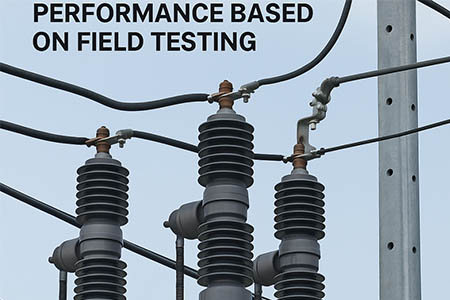As distribution systems modernize, the outdoor vacuum auto recloser is increasingly used to improve fault response and grid reliability. Yet its real value depends not only on design specs, but on how it performs under actual operating conditions.
To assess this, utility partners and field engineers conducted comprehensive live-grid tests across various locations—including coastal, urban, and high-temperature rural networks. These field tests focused on four core metrics: switching performance, durability, communication stability, and maintenance behavior.

1. Switching Speed and Accuracy
Reclosers were triggered by real fault conditions (short circuit, overload, transient events). Across all samples, average trip-and-reclose cycle time was 0.9–1.3 seconds, with near-perfect fault clearing rates.
2. Mechanical Endurance
Devices underwent repeated opening/closing cycles under load. After 15,000 operations, no sign of vacuum loss or contact deformation was recorded. Enclosure seals remained secure, confirming resistance to dust and moisture ingress (IP65/IP66 verified).
3. Communication and Control
Integrated with SCADA platforms, the reclosers achieved 99.5% remote command responsiveness, with <2s delay even during network fluctuation periods. Local/remote switching modes were seamless.
4. Maintenance Feedback
Technicians reported minimal preventive maintenance needs. Units with epoxy-molded housings and modular control units were easy to inspect and reset after events.
These tests were conducted in cooperation with utilities in Southeast Asia, Eastern Europe, and North Africa. In each case, field data confirmed the long-term operational stability of vacuum reclosers in diverse climates. Utilities emphasized improved grid uptime, reduced site visits, and enhanced safety for field crews.
PUTAI Electric’s Real-World Results
PUTAI’s outdoor vacuum auto reclosers, ranging from 11kV to 36kV, have passed identical field trials. Our epoxy-sealed vacuum interrupters and control logic modules are engineered for high reliability in unpredictable power environments.
Customers have noted PUTAI units as cost-effective, easy to deploy, and “working without incident” across two or more rainy and hot seasons.